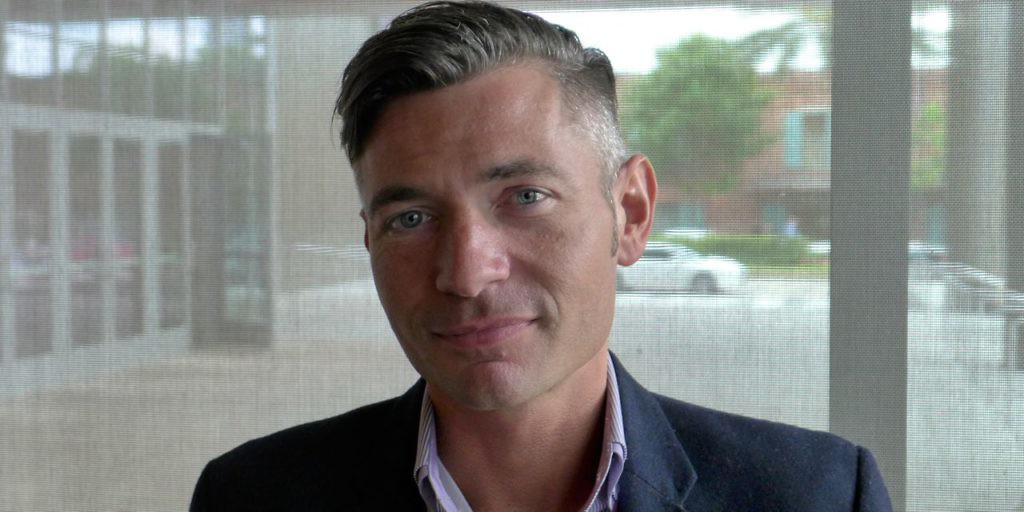Are checkpoints playing with fire?
Honolulu: Yesterday we learnt the sad news that Dr Holbrook Kohrt (pictured) had died.
 He was a Stanford hematologist/oncologist and rising star in the cancer immunotherapy field. Our thoughts go out to his family and friends.
He was a Stanford hematologist/oncologist and rising star in the cancer immunotherapy field. Our thoughts go out to his family and friends.
In memory of Holbrook Kohrt, a remarkable colleague and friend. Read more of his story: https://t.co/HqiyD8B2A9
— Marcel van den Brink (@DrMvandenBrink) February 24, 2016
I had the privilege to interview him last May at the Immunology 2015 meeting in New Orleans. One area of Dr Kohrt’s research was in combination immunotherapies, and how we can optimize efficacy, while avoiding significant immune adverse events.
So are checkpoints playing with fire when given in combination?
That was one of the provocative questions to come out of a scientific session entitled, “Fast Cars and No Brakes: Autologous Stem Cell Transplantation as a platform for Novel Immunotherapies” at the BMT Tandem meeting in Hawaii last weekend. The session, chaired by Miguel-Angel Perales (@DrMiguelPerales) from Memorial Sloan Kettering Cancer Center, was both informative and interesting.
All the presentations were excellent, but one by Philippe Armand from the Dana-Farber Cancer Institute in Boston, “Checkpoint Blockade in SCT, Data & Hope, Promise & Peril” stood out for me. Dr Armand discussed checkpoint data pre and post stem cell transplantation and offered a perspective I had not heard before.
One of the provocative questions it raised was could checkpoints be playing with fire in some patients? Dr Armand kindly spoke with BSB after his talk.
Subscribers can login to read more or you can purchase access below.
This content is restricted to subscribers